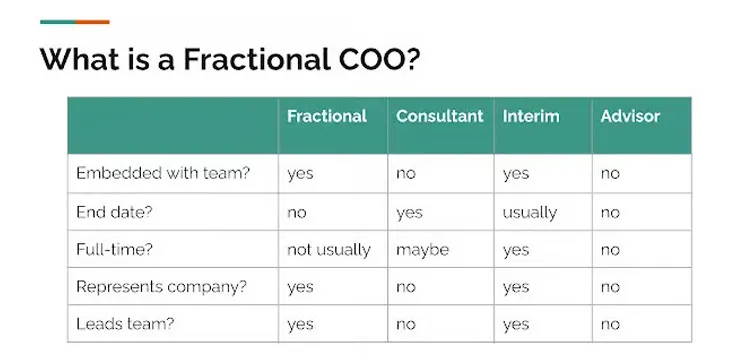|
Getting your Trinity Audio player ready...
|
This is an excerpt of “Fractional Chief Community Officers” thought piece that is first published on The Digital Wayfinder, the newsletter by George Siosi Samuels tackling topics from business to community and Fractional CCOs.
In today’s business world, building a strong community around a brand, product, or service has become more important than ever—especially in emerging tech circles like Web3. But hiring a full-time CCO can be expensive and may not be necessary for every company. That’s where Fractional CCOs (or any CxO) come in.
In a nut-shell, Fractional CCOs work on a part-time basis, but under their own business, providing cost-effective solutions for building a community. They have experience working as strategic community professionals, and possess the necessary skills—such as strong strategic, communication and leadership abilities—to build and manage communities (or community teams) at scale.
Fractional CxO’s & Historical Examples
The underlying concept of of “fractionalism,” which is used in Fractional CxO titles, for careers is not new. You may already be familiar with the terms: solopreneur, freelancer, consultant, and one-person businesses. However, the key difference in Fractional CxOs can be summed up in this diagram:

In ancient history, there were many similar roles that were filled on a fractional basis. For example, in ancient Greece, sophists were freelance teachers who were paid to give lectures on a variety of subjects. Similarly, in medieval Europe, guilds hired part-time workers to help with their various projects. In ancient China, there were freelance bureaucrats who were hired to help with administrative tasks on a project basis.
Fractionalism
Fractionalism allows people to have more control over their work-life balance and to pursue their passions while still earning a substantial living (we’re talking 6-7 figures). Many people are now turning to freelance work, project-based contracts, and part-time jobs to create a more flexible and fulfilling career. The rise of Web3 has furthered the trend of fractionalism by enabling remote work, digital nomadism, and even Decentralized Autonomous Organizations (DAOs).
This fractional trend opens up some new pathways ‘freedom.’ There are multiple definitions for “freedom” in today’s world, so it’s important you know what it means to you. I can tell you from personal experience, that this “fractional” lifestyle works best if time and location freedom is a priority. As long as you know you can get your work done, no matter where you are, fractionalism works. It’s both a mindset and culture (if working with remote teams).
Hiring A CCO
Overall, Fractional CCOs can be a cost-effective solution for companies looking to build a strong community around their brand, product, or service. This role is essential in today’s business world, and fractionalism allows companies to tap into the expertise of experienced CCOs without the need to hire them full-time.
If you’re looking to explore other Fractional CxO roles, check out the blog and community over at Fractionals United. Big thanks to Karina Mikhli, CEO and founder of Fractions United, who inspired my original blog post on Fractional CCOs.
Read the full piece and subscribe to The Digital Wayfinder newsletter by George Siosi Samuels here.
Watch: Re-Inventing Business with Blockchain

 09-04-2025
09-04-2025 





